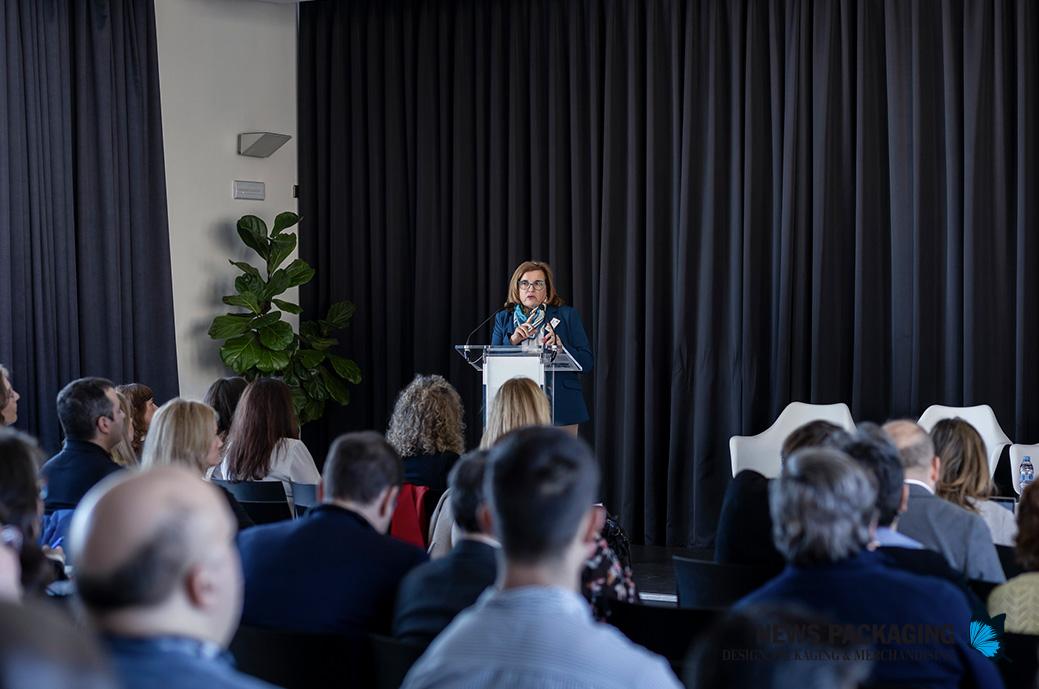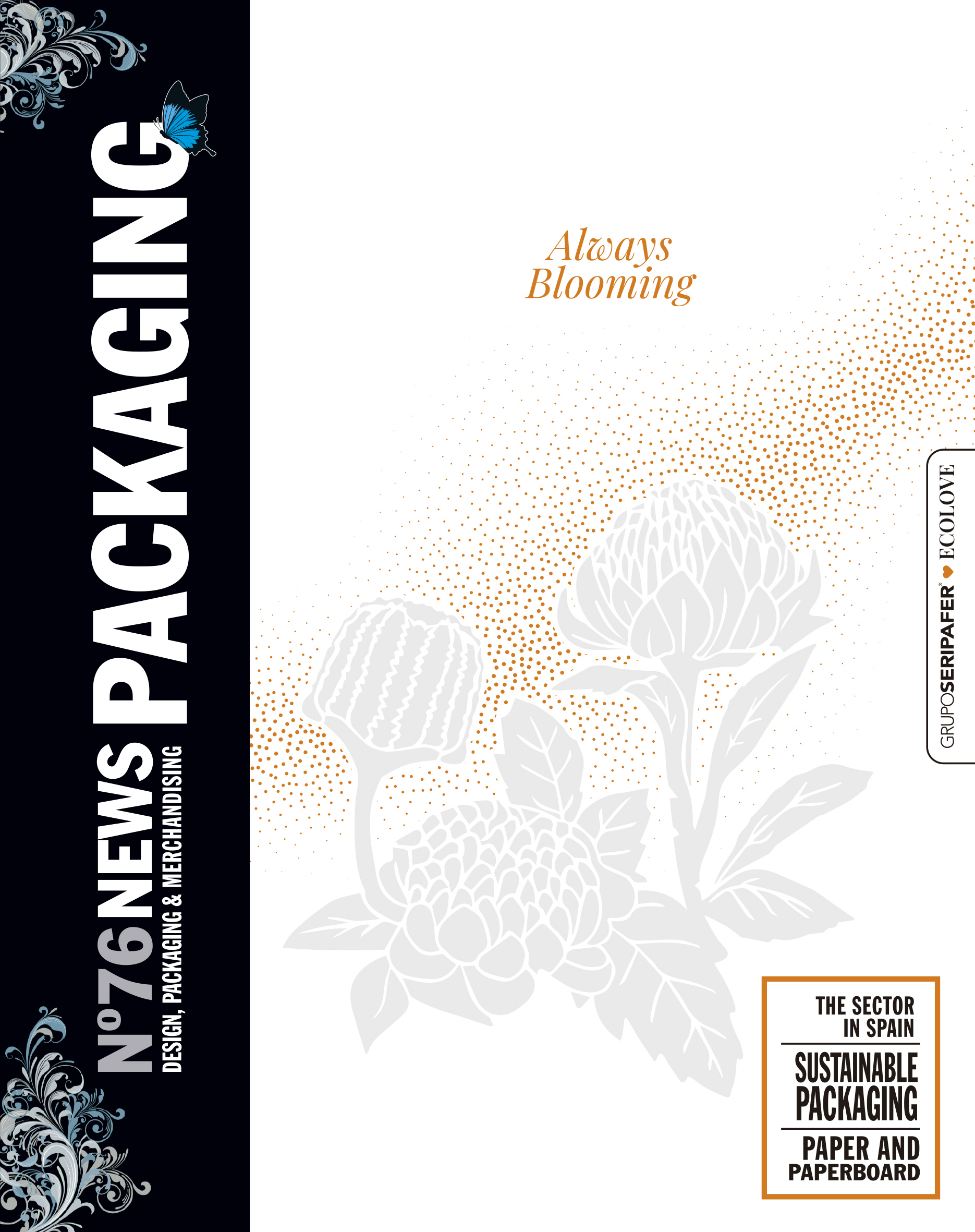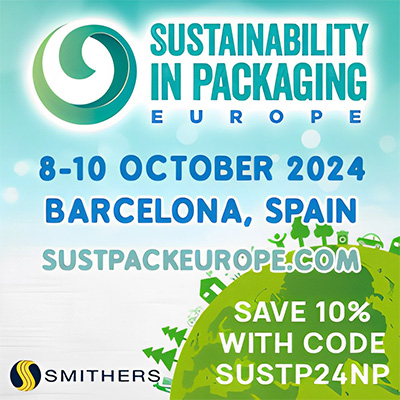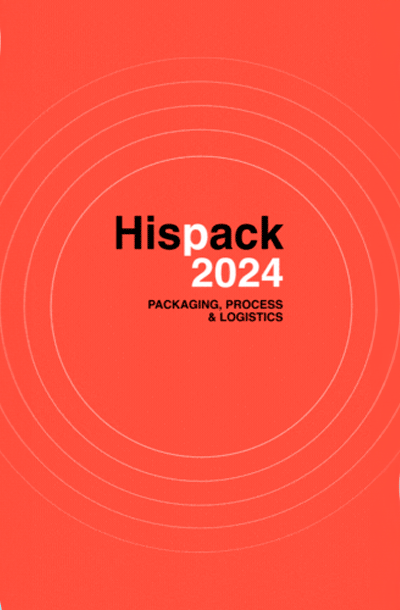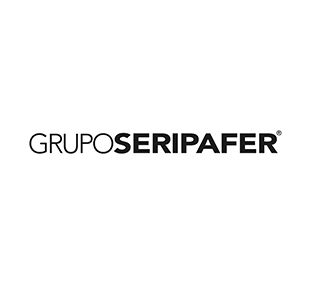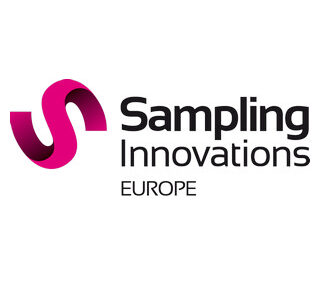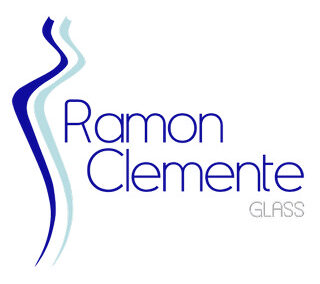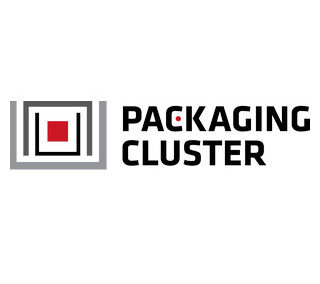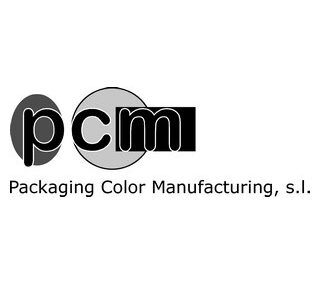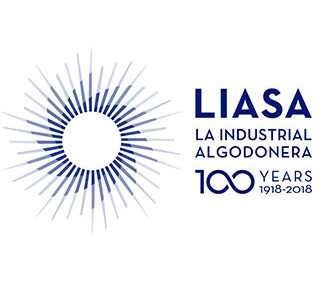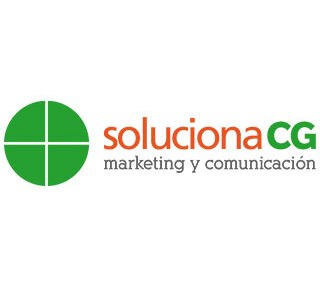BIOPLAT presents its spin-off BIOCIRC, Spanish Association of Biocircularity, supported by public administrations and the private sector. BIOPLAT, the Spanish Technology and Innovation Platform in Biocircularity, held its annual Assembly on February 2, in which the Spanish Biocircularity Association – BIOCIRC, a spin-off of BIOPLAT dedicated to working on policies, markets and promoting business cooperation, was presented. to strengthen the development of the sector in Spain.
Paloma Perez, coordinator of BIOPLAT, reviewed the evolution of BIOPLAT, since its creation in 2006 as a Spanish Biomass Technology Platform focused on bioenergy and biofuels, until its extension to bioproducts, bioeconomy and, from now on, from all sectors related to biocircularity.
Margaret of Gregory, general secretary of BIOPLAT, underlined the strategic importance of biocircularity for a “real, balanced and fair ecological transition.” She explained that closing productive circles by replacing fossil molecules with organic ones benefits the environment, the economy and society by addressing the demographic challenge. He also emphasized the capacity of biocircularity as a unique alternative to enter market niches that are difficult to electrify and be able to defossilize them, such as the gas network, heavy, air and maritime transport, and the countless products that we regularly use that are derived from petroleum (materials, chemicals, etc.).
BIOCIRC will integrate all the business agents of biocircularity
In this context, BIOCIRC, the only association that will bring together all the business agents of biocircularity, was presented as a necessary response to the evolution experienced by the biomass sector in Spain, increasingly committed to providing sustainable biocircular solutions in various areas. , energetic and non-energetic.
Margarita de Gregorio explained that the association will operate essentially in policies, regulation and market issues with the aim of developing and consolidating the biocircularity sector in Spain, taking as a starting point the solidity, reliability and knowledge accumulated during 18 years of work in BIOPLAT. It will promote dialogue between legislators, society and the sector to provide a favorable political and social framework for the transition from a linear economic model based on fossil resources, towards a circular model based on renewable resources (organic matter contained in biomass) that It will allow us to avoid negative environmental impacts, generate investments and jobs associated with sustainable business models and greater structuring of the territory, with a key commitment to the rural world, where the bioeconomy will be implemented.
During the Assembly, the video of the launch of BIOCIRC was presented, which details its purposes fundamentally focused on leading the economic and social development of the regions through biocircular business models as a key to replacing the use of fossil resources in energy, fuels and products derived from renewable resources from the organic matter present in agricultural, forestry, livestock, industrial biomass and biowaste.
Margarita de Gregorio announced that the collaboration space between BIOPLAT and BIOCIRC is articulated through the State Biocircular Hub, from where both entities will act complementary and synergistically by organizing annual conferences, publishing sectoral reports and putting into practice social and environmental action in biocircularity. The Hub website contains the Biocircular MApp application, which will be the largest visual database of entities and facilities that are part of and operate in the field of biocircularity in Spain (available in Spanish, English, Catalan, Basque and Galician).
Thematic panels
In addition to the BIOCIRC presentation block, the Assembly had thematic panels that outlined the state and progress of biocircularity in Spain, from the perspective of the different actors in its value chain. The representatives of the public administrations and state entities present agreed on the suitability of this spin-off and supported the impulse that BIOPLAT seeks with this launch, in addition to influencing the benefits that the push for biocircularity entails for the country's progress. and the bioeconomy.
In another round table, biocircularity was also addressed as a strategic pillar for the ecological transition, the demographic challenge, the change of model towards more sustainable production and consumption, the creation of new markets and its enormous capacity for generating employment, the geopolitical opportunities it represents, the territorial cohesion it favors and how it contributes to the conservation of nature.
At the closing table of the Assembly, it was discussed how different entities are leading biocircular solutions aimed at replacing the oil economy with one based on organic matter, with an eye toward decarbonization, emissions reduction and the ecological transition.

